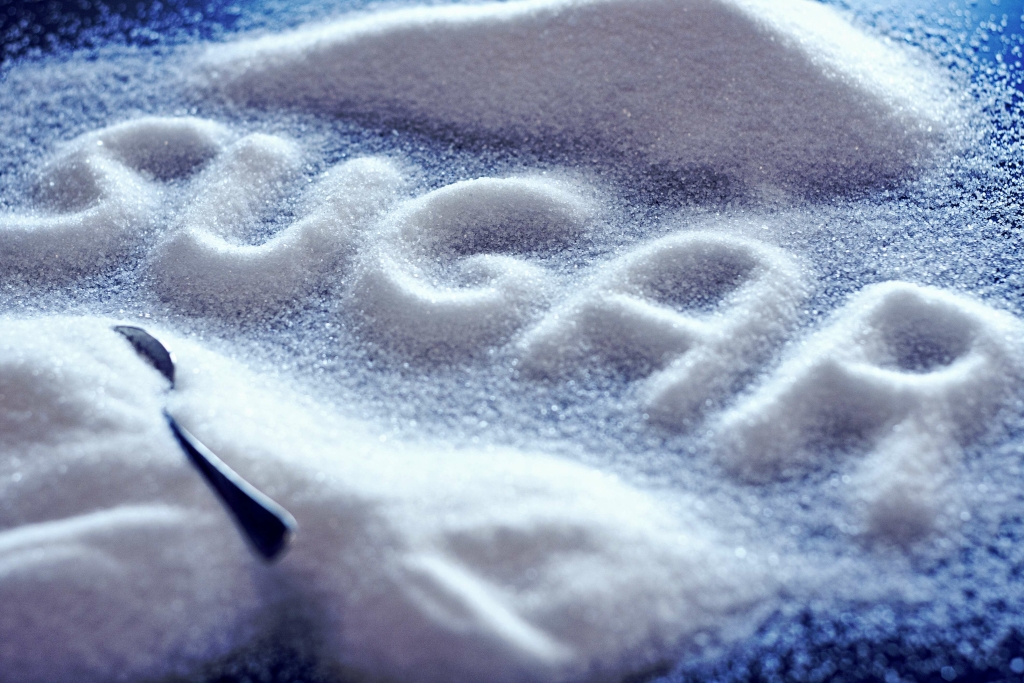For some substances, such as alcohol, suddenly stopping it can be dangerous. In these cases, treatment involves gradually tapering off the drug over a set period to reduce withdrawal effects. A person can have an addiction without necessarily having a physical dependence. Similarly, a person can have a physical dependence on a drug without feeling compelled to use it. However, they may still experience withdrawal symptoms if they stop taking it. Sometimes, drug dependence and addiction are accompanied by underlying mental health issues, such as depression, anxiety, eating, trauma, and stress-related disorders.

If you find yourself struggling to control your alcohol or drug use, you’re not alone. Whether it’s prescription medications, smoking, or illicit street drugs, it can be difficult to manage your substance use and to know whether you’re heading towards addiction. Recovery.com is an independent organization that simplifies finding addiction vs dependence the best mental health and addiction treatment. Comprehensive profiles of over 3,000 rehab centers include insurance coverage, pricing, photos, reviews, and more. It’s possible to have addiction without dependence,5 and vice versa. But if you have both, your physical and psychological symptoms might feed off each other.
Understanding The Dependence Vs. Addiction Debate
Short-term inpatient centers typically start with medical detox and are followed by a program of addiction treatment, such as therapy or counseling for 30 to 90 days. These programs range from basic inpatient to luxury options, all varying in terms of their amenities and types of therapy. These facilities usually provide 24-hour medical support and are often led by a team of counselors, clinicians, and doctors. Short-term inpatient rehab is ideal for individuals who need detoxing and therapy, but who don’t require long-term treatment. Fortunately, Volkow and her colleagues’ argument carried the day with the American Psychiatric Association’s DSM-5 committee in 2013.
- When consumed too frequently, these effects are cumulative and dependence is inevitable.
- It also pointed out that among adolescents the gender gap is closing; girls and boys both start smoking at age 13 and begin drinking at 15.
- Or they can come on quickly, like what is now happening in the opioid crisis.
- The difference between medicinal and recreational marijuana has always been arbitrary.
Formal addiction treatment can keep you safe during this phase of recovery. Like your brain, your body can quickly get used to any drugs8 you take. If you use a drug often, you’ll need higher doses to feel the same effects. For example, it takes just 2-3 doses of opioids9 for some people to develop a tolerance. This conflation of addiction with dependence, which stigmatizes effective medication treatment for opioid use disorder, is even enshrined in law. This can lead to traumatic family surveillance and even separation, not surprisingly disproportionately impacting Black, Latinx, and Native American families because of racist implementation in these reporting practices.
Addictions vs. Substance Use Disorders
Addiction occurs when people continue to compulsively use a drug despite harmful consequences. Before any opioid regimen is prescribed, both the patient and doctor must work together to develop a plan in case the person patient begins to show signs of SUD. In such cases, the prescribing physician can promptly transition in the patient off of the medication and have them evaluated and treated for SUD. It is important to keep in mind that physical dependence can occur without the patient developing a SUD. Connect with a rehab program for alcohol and drug addiction to determine which treatments can best meet your unique needs. When you’re ready to recover, it may help to differentiate between the physiological and psychological aspects of what you’re going through.
Scientists find common brain network for substance use disorders – National Institutes of Health (NIH) (.gov)
Scientists find common brain network for substance use disorders.
Posted: Tue, 03 Oct 2023 07:00:00 GMT [source]

